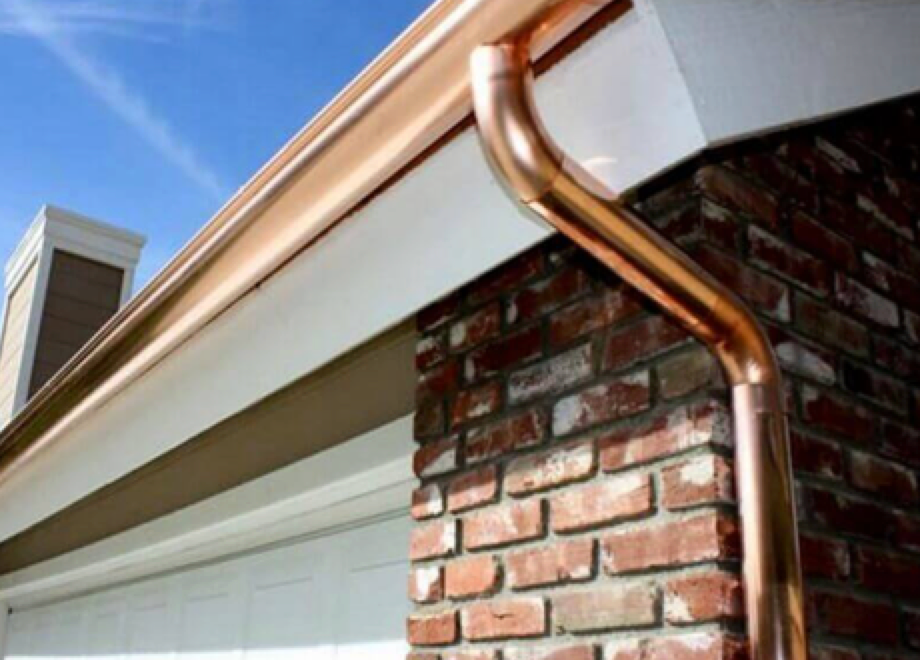Blog
Gutter Materials in Gutter Replacement Work in Tacoma WA

Gutters come in a variety of different materials. Each type has different advantages and disadvantages.
- Aluminum. One of the most popular gutter materials is aluminum, which doesn’t rust thanks to the metal’s natural anodes. Due to its corrosion resistance, aluminum can withstand nonstop exposure to rainwater. Aluminum can be painted any color and will, therefore, match the façade of any house. Aluminum is also inexpensive and lightweight.
- Copper. A popular choice among upscale homeowners is copper, beloved for its natural beauty and luster. Copper does not require coating or paint but will acquire a patina with age. As one of the costlier options, copper is a less common choice among middle-class homeowners. The sections of a copper gutter must be welded together and cannot be installed as a DIY project.
- Steel. The strongest gutter material is steel, which can resist rust for a long time when properly treated. Steel can also be painted and can match numerous exteriors. However, steel will often succumb to corrosion after five to 10 years of constant exposure to inclement weather. Steel gutters are also costlier and heavier, and therefore not the type of gutters you should attempt to install yourself.
- Vinyl. The most inexpensive gutter material is vinyl, which has a modern look that suits newer homes. Regarding durability, the main advantage of vinyl is that it never rusts or corrodes. However, the color can fade from prolonged exposure to UV light and the material tends to get brittle through repeated exposure to hot and cold temperatures. A major downside to these DIY gutters, is that there is a seam every few feet which will result in many leaks. It is not possible to paint vinyl, and the color options are somewhat limited.
